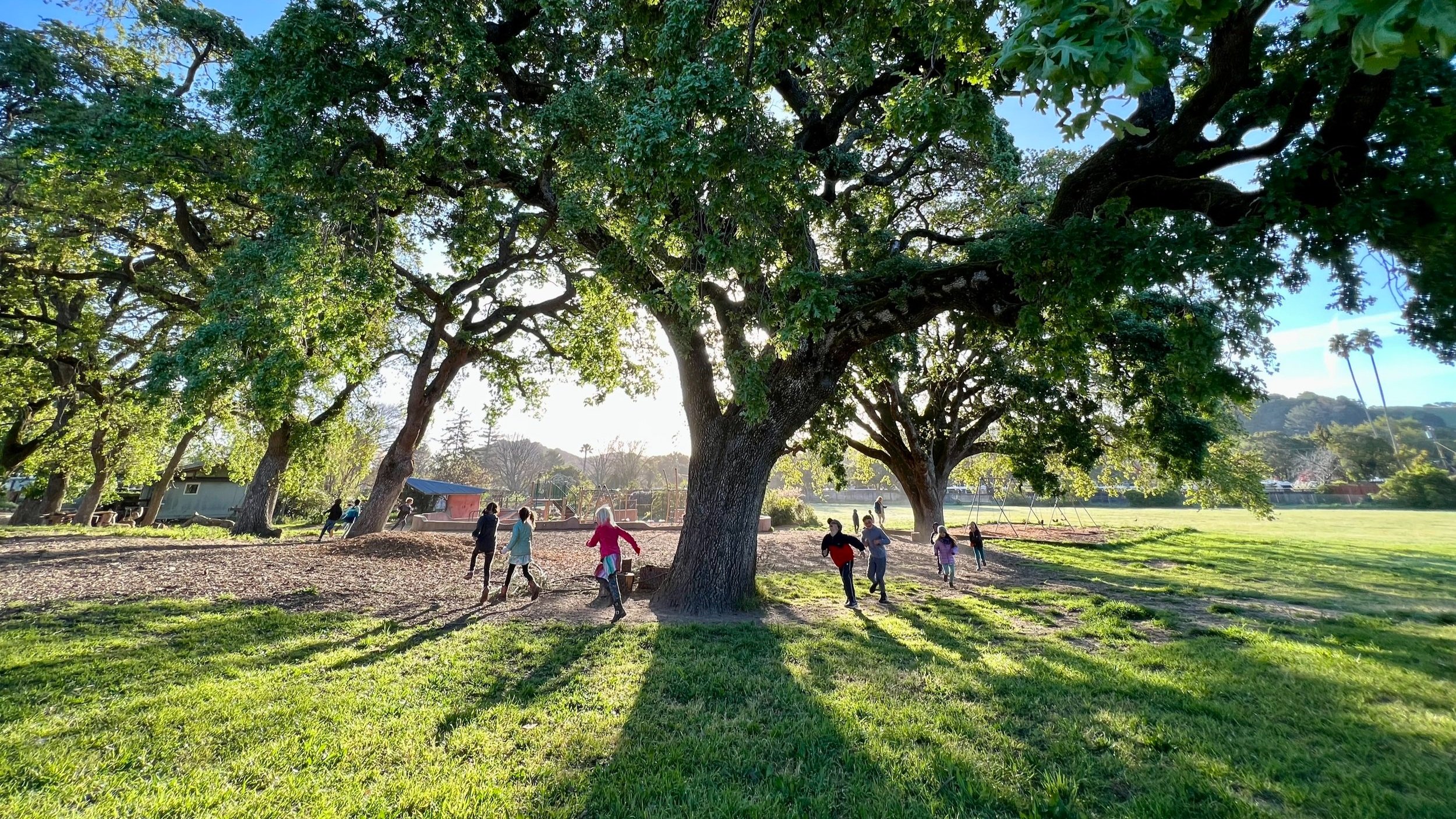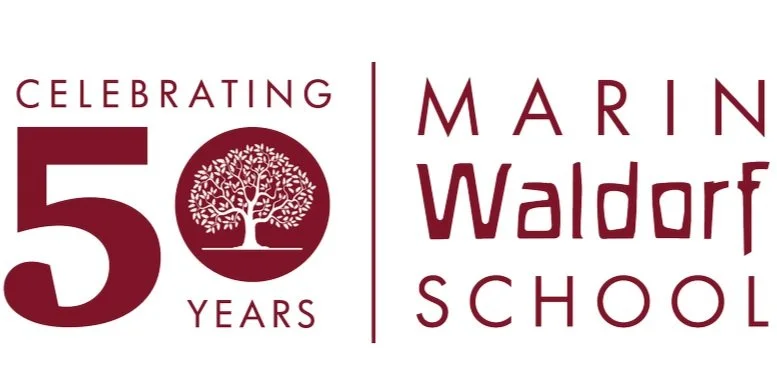The mission of Marin Waldorf School is to educate children to reach their highest potential with activities that fire the imagination, engage the mind, and strengthen the will.
The right choice for your child
“When you see your child developing all different aspects of themselves, that is how you know you made the right decision.”
“For me, it was the most tremendous gift my parents ever gave me.”
The Waldorf Difference
Marin Waldorf School educates children with love, dedication, and a fierce belief in every child’s brilliance and capacity to reach their full potential and make a positive contribution to the world. Based on the pedagogical principles of Waldorf education, our experiential and interdisciplinary curriculum emphasizes activities that engage the mind, fire the imagination, and strengthen the will in order to develop capacities and skills that can serve humanity.
We seek to inspire students to grow into thoughtful, compassionate, life-long learners and nurture a deep sense of self and of responsibility toward others. We do this in many ways:
We invest in skilled teachers who inspire students to think deeply and to become good citizens in their classrooms and community.
We encourage students to do, create, and act through an experiential and hands-on approach to learning across disciplines, in addition to offering unique practical programs in handwork, woodworking, gardening, music, and world languages programs.
We foster the development of strong skills in core subjects, including math, science, language arts, and social studies, through a progressively complex grades-school curriculum, which is carefully designed to stimulate and challenge children at each stage of growth.
We incorporate music, art, and creative expression in all subject areas, across the curriculum.
We encourage the development of social-emotional skills in and out of the classroom, with special programs designed to encourage teamwork and cooperation among students, including yearly class plays, eurythmy, and noncompetitive physical education classes.
We fortify children’s relationship with the natural world through a robust environmental education program, gardening education begins in kindergarten, active stewardship of our 10-acre campus, frequent field trips and overnight adventures for grades students, and time outdoors every day, rain or shine, for students of all ages.
We approach complex topics in DEIJB and social justice in thoughtful, age-appropriate ways, starting in kindergarten. Special events, educational field trips, and a unique program in social ethics and CyberCivics are offered in the middle school.
Grandmother Oak Blog
MARIN WALDORF PARENTS
“When all three of my children were there it was such a great feeling as a parent to know they’re all safe in this school and thriving.”
“Waldorf School students are confident, they’re strong, they know how to relate to people...they look you in the eye.”
AGE APPROPRIATE LEARNING
The Waldorf Curriculum is based on the philosophy that education should gradually draw out all of the child's innate capacities: physical, social, emotional, artistic, and intellectual. The lessons and activities are developmentally tailored to meet the child's emergent and maturing sense of self and their relationship to the world. Our early childhood program focuses on creative play, imagination and wonder, while grades 1-8 expand into a full liberal arts curriculum.
“In linking their curriculum and schooling toward children’s developmental stages, Waldorf schools seem to have a unique sense of what children are ready for. They promote creativity and critical thinking in an interdisciplinary fashion...exactly the direction public education needs to move towards.”
“Being personally acquainted with a number of Waldorf students, I can say that they come closer to realizing their own potential than practically anyone I know.”






